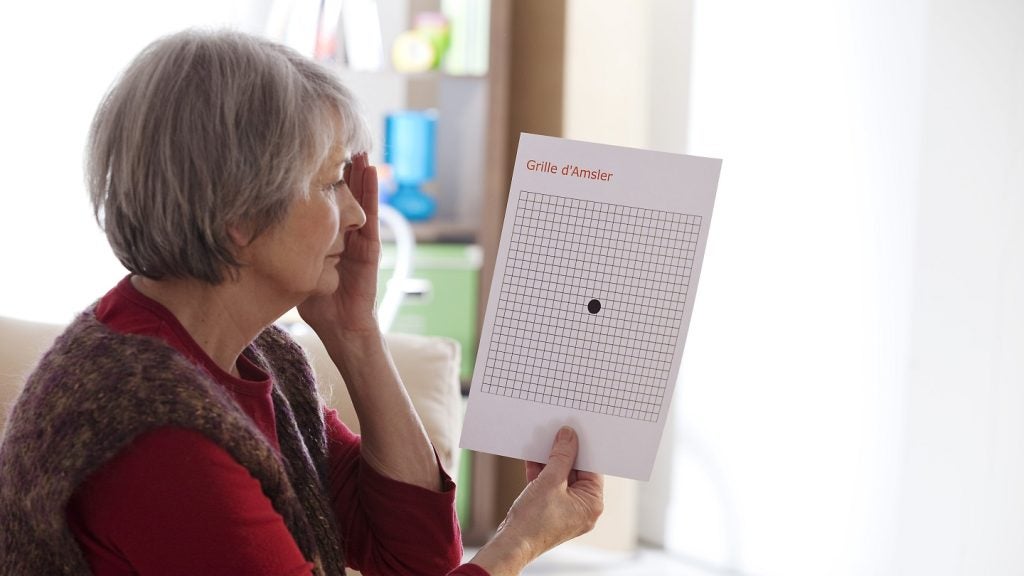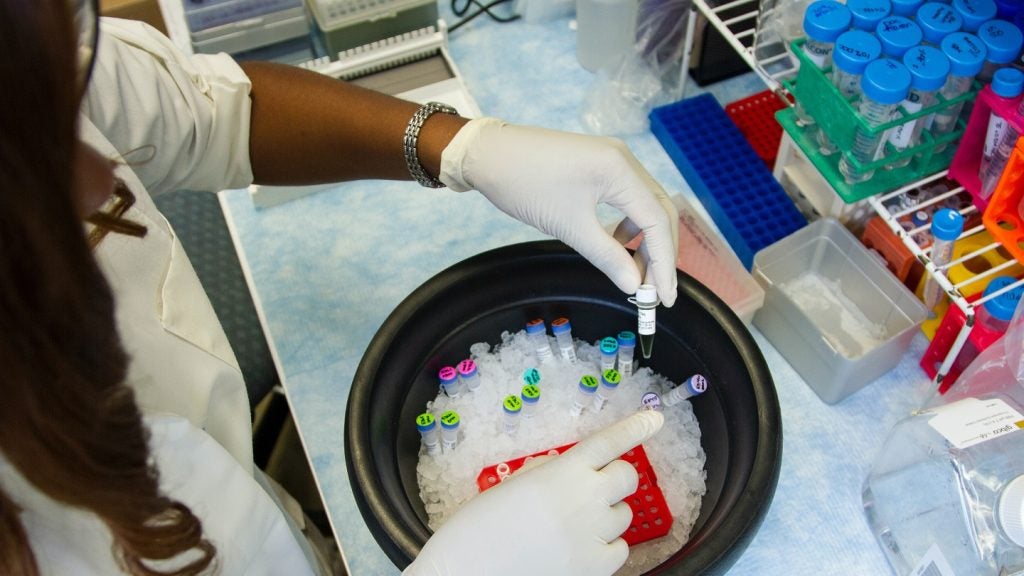Hookipa Pharma has reported preliminary positive data and trial updates from its ongoing phase II study of HB-200 in combination with pembrolizumab in patients with recurrent/metastatic Human Papillomavirus 16-positive (HPV16+) head and neck cancer.
The First in Human (FIH) Phase I/II, multinational, multicentre, open-label study (NCT04180215) of HB-201 single vector therapy and HB-201 & HB-202 two-vector therapy in patients with HPV 16+ confirmed cancers comprised two parts: Phase I Dose Escalation and Phase II Dose Expansion.
By the end of March 2023, 35 patients with HPV16+ recurrent/metastatic head and neck cancers received HB-200 in combination with pembrolizumab as part of the Phase II study. 20 patients were treated with HB-200 and pembrolizumab in the 1st-line setting and 15 in the 2nd-line setting. All received HB-200 intravenously every three weeks for the first five doses and every six weeks thereafter.
HB-200 means 2-vector therapy with alternating application of live-attenuated replicating vectors based on HB-201 (lymphocytic choriomeningitis virus - LCMV), HB-202 (pichinde virus - PICV) vectors, encoding HPV16 E6/E7 antigens.
The data showed a 43 percent objective response rate (ORR) with HB-200 in combination with pembrolizumab in checkpoint inhibitor (CPI)-naïve patients, doubling the 19 percent response rate for pembrolizumab alone.
HB-200 in combination with pembrolizumab demonstrated promising anti-tumour activity with a 43 percent objective response rate among CPI-naïve patients with recurrent/metastatic HPV16+ PD-L1+ head and neck cancer. The data represented a doubling of the 19 percent objective response rate reported with pembrolizumab alone.
As of March 31, 14 patients with at least two imaging assessments were included in the interim efficacy analysis. Six patients responded (one with confirmed complete response and five with confirmed partial responses), with a 71 percent disease control rate (10 of 14 patients), meaning stable disease or a complete or partial response.
2nd-line plus combination data
The company reported that the data on HB-200 in combination with pembrolizumab in the 2nd-line plus setting was positive in this small initial cohort. However, they cautioned that the data is preliminary and may need further maturation.
As of March 31, five patients with at least two imaging assessments were included in the interim efficacy analysis based on RECIST 1.1. Preliminary results showed one confirmed partial response and three patients with stable disease. Preliminary median progression-free survival in this small cohort was 5.3 months.
Follow-up data showed HB-200 monotherapy demonstrated a preliminary median overall survival of 14.2 months in the intent-to-treat population, indicating potential for prolonged clinical benefit in this heavily pre-treated population.
These data are based on 11 patients who received HB-200 as monotherapy at the same dose being evaluated in combination with pembrolizumab, with a median follow-up period of 12.8 months.
Immunogenicity
The new follow-up data from heavily pre-treated patients show an association between the induction of levels of functional T cells after treatment with HB-200 monotherapy and clinical benefit. T cell increases were rapid and sustained for at least 8 months, as of data cut-off.
Patients who achieved disease control after treatment with HB-200 monotherapy generally had greater CD8+ T cell infiltration in tumours compared to patients whose disease progressed, suggesting an association of HB-200-induced T cells and clinical benefit.
Safety and tolerability profile
Results from the Phase I/II study showed that HB-200 was generally well tolerated among 132 patients treated. The safety profile was similar for patients who received HB-200 monotherapy or HB-200 in combination with pembrolizumab.
Only seven percent of patients showed serious adverse events related to the treatment with HB-200. Only two percent of patients discontinued due to such events. According to Hookipa, the favourable tolerability profile highlights the potential of HB-200 – and arenaviral immunotherapies in general – to be combined with other immunotherapies where tumour antigen-specific T cells are needed.
Hookipa said it plans to share the full data at a medical conference later this year and is preparing to start a pivotal trial of HB-200 in combination with pembrolizumab in the 1st-line setting in 2024.
Last November, the company signed a strategic partnership and licence agreement with Roche for developing HB-700 and another undisclosed arenaviral immunotherapy.
On May 31, Hoopika also reported the pricing of an underwritten public offering of 22,900,768 shares of its common stock and 15,268 shares of its non-voting Series A-2 convertible preferred stock. The company is expecting to raise $50 million from the offering and it is due to close on 5th June 2023.














